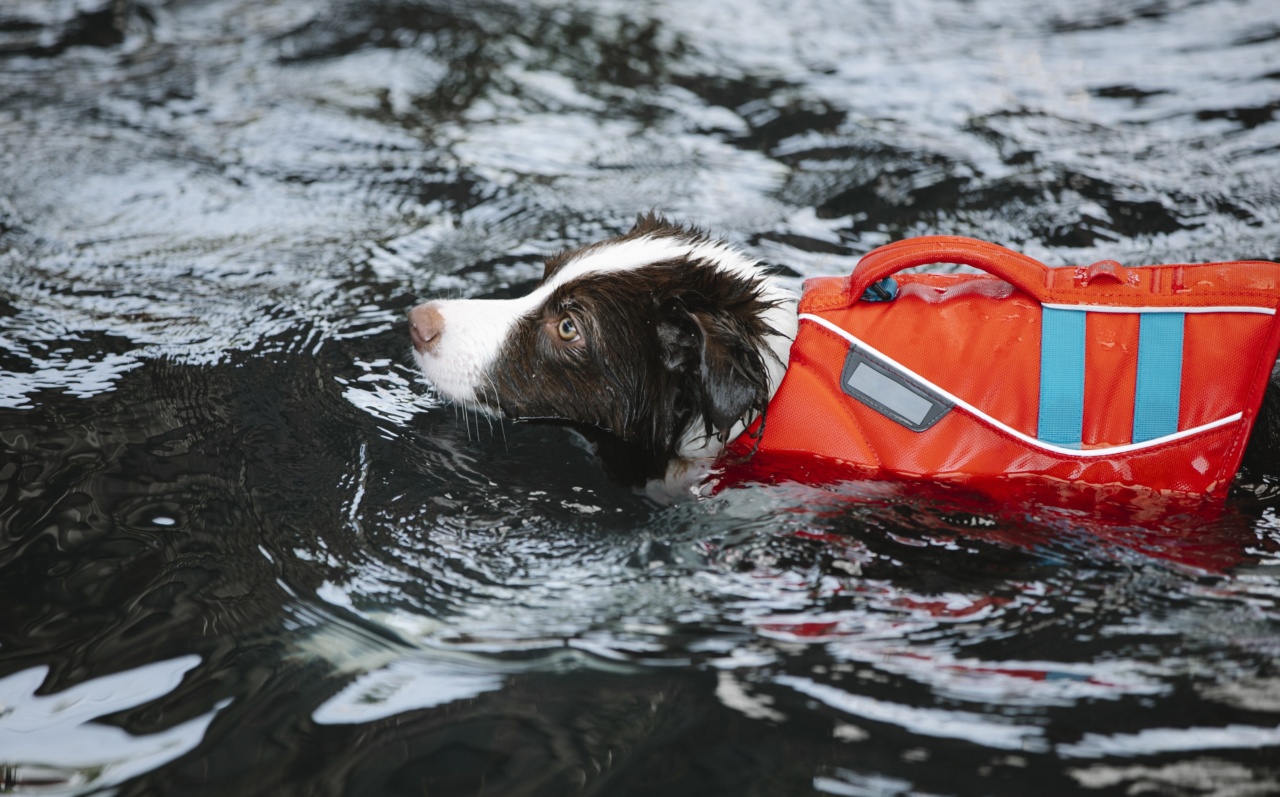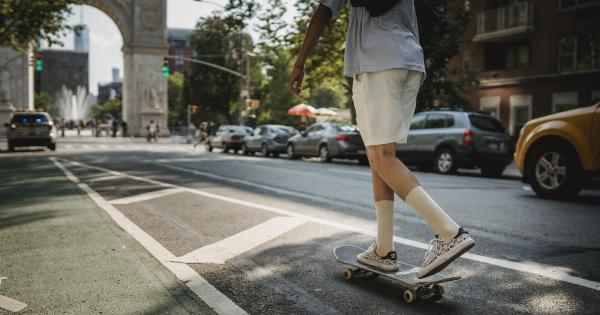As a dog owner, there is nothing quite as frustrating as realizing that your furry friend has started to forget his training when he’s in the car.
Perhaps you’ve spent months teaching him basic commands, like ‘sit’ and ‘stay,’ only to find that he seems to forget everything when he’s in the car. Or, maybe he’s always been an obedient pooch, but recently started acting out when you’re driving. Whatever the case may be, know that you’re not alone.
Many dogs struggle with car anxiety, which can throw off their training and cause them to act out or behave in unexpected ways.
Why do dogs forget their training in the car?
If your furry friend has always been well-trained, but seems to forget everything when he’s in the car, there’s likely a reason.
Dogs can become anxious or stressed when they’re in the car, especially if they’ve had negative experiences in the past. This anxiety can cause them to struggle with basic commands and training, as they’re preoccupied with their discomfort.
There are a few common causes of car anxiety in dogs, including:.
: Poor socialization
Dogs that aren’t properly socialized may struggle with new experiences, like riding in the car. They may become anxious or stressed, which can throw off their training.
: Past traumatic experiences
If your dog has had a negative experience in the car, like being hit or involved in an accident, he may develop anxiety about getting in the car.
: Separation anxiety
Dogs that struggle with separation anxiety may become anxious or panicked when they’re separated from their owners, which can make car rides particularly stressful for them.
So, what can you do to help your dog stay trained and well-behaved in the car?
First and foremost, it’s important to determine the root cause of your furry friend’s anxiety.
If he’s struggling with separation anxiety, for example, a few basic training techniques, like crate training and desensitization exercises, can help him feel more comfortable and secure in the car.
If past trauma is the issue, you may need to work with a behavioral specialist or trainer to help your pup overcome his anxiety.
They can provide guidance on how to slowly introduce your dog to the car and other stressors, so that he can feel more comfortable and relaxed in the future.
In addition to addressing the root cause of your dog’s anxiety, there are a few other things you can do to help him stay trained and well-behaved in the car. These include:.
: Consistent training and practice
Practice makes perfect! Continue to reinforce basic commands and training, even when your dog is in the car. Use positive reinforcement techniques, like treats and praise, to help your furry friend remember what he’s learned.
: Create a comfortable environment
Make the car as relaxing and comfortable as possible for your dog. Consider investing in a cozy dog bed or blanket, and make sure he has access to fresh water and snacks throughout the ride.
This can help reduce his anxiety and keep him calm and more focused on training sessions.
: Gradually introduce new experiences
Gradually introducing your pup to new situations can help him feel more comfortable and confident. Start with short car rides around the block, gradually building up to longer trips over time.
: Conclusion
If your furry friend is struggling with car anxiety and forgetting his training, it can be frustrating and discouraging.
Remember that you’re not alone, and that there are plenty of resources available to help you and your pup overcome this hurdle. With time, patience, and consistent training, your furry friend will be able to conquer his anxiety and stay well-behaved, no matter where the road takes you.



























